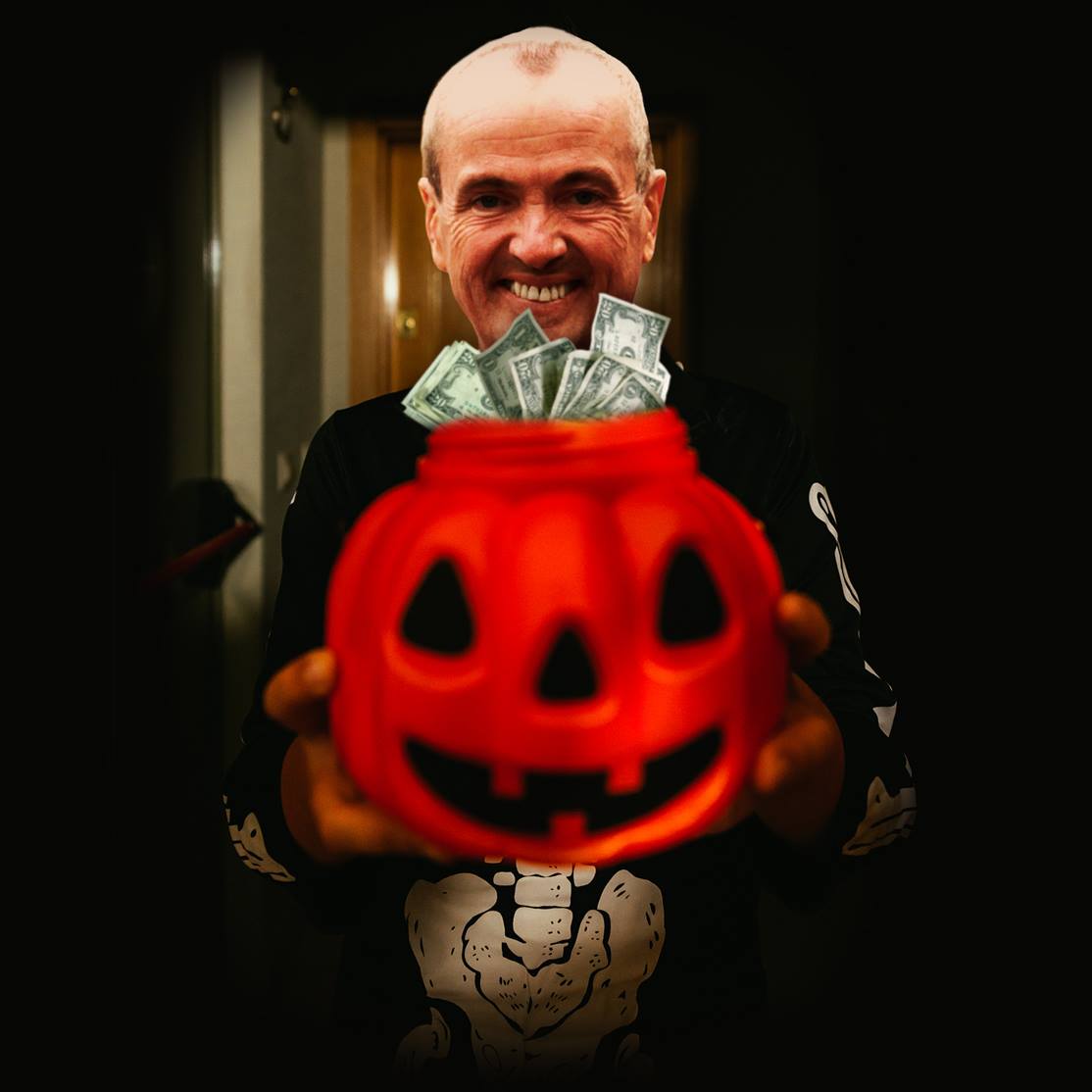
November 11,2017
the staff of the Ridgewood blog
Ridgewood NJ, Per Democrats’ / Murphy’s proposal, marginal tax rate on incomes above $1MM will be 10.75%.
Below are the top two tax brackets in NY state and NJ state:
NY
$321,050+ 6.85%
$2,140,900+ 8.82%
NJ
$500,000+ 8.97%
$1,000,000+ 10.75%
For a family with income between $500k and $1MM, the NJ tax is 2.12% higher than the NY tax.
For a family with income between $1MM and $2MM, the NJ tax will not be 3.90% higher than the NY tax.
No doubt, people already settled in NJ with friends etc will not suddenly bolt for NY. But for a family currently living in NYC/Brooklyn/Hoboken (typical Ridgewood pipeline), Westchester suddenly became a MUCH better option than Bergen country. And this is before we even compared the miserable commute from NJ to direct MTA train service from Westchester.
With negative incentive to move to NJ, property values (especially in Bergen County) will track what is happening in Fairfield country in Connecticut right now.
Absurdly enough, a majority of Ridgewood residents have voted in favor of the destruction of their own town (in more ways than one).




